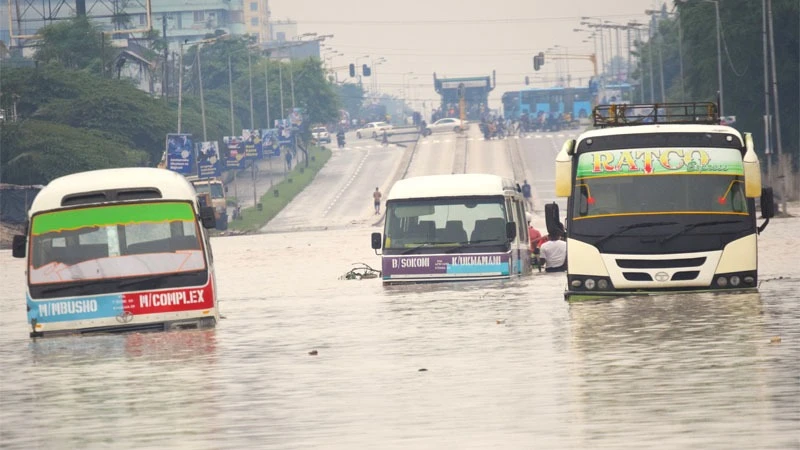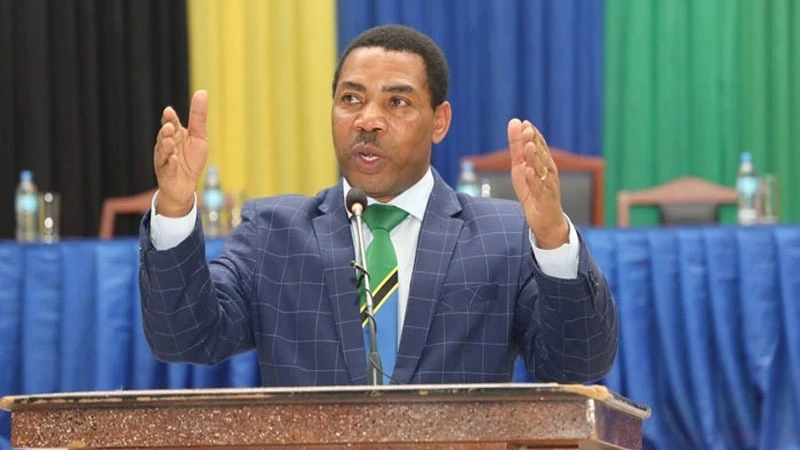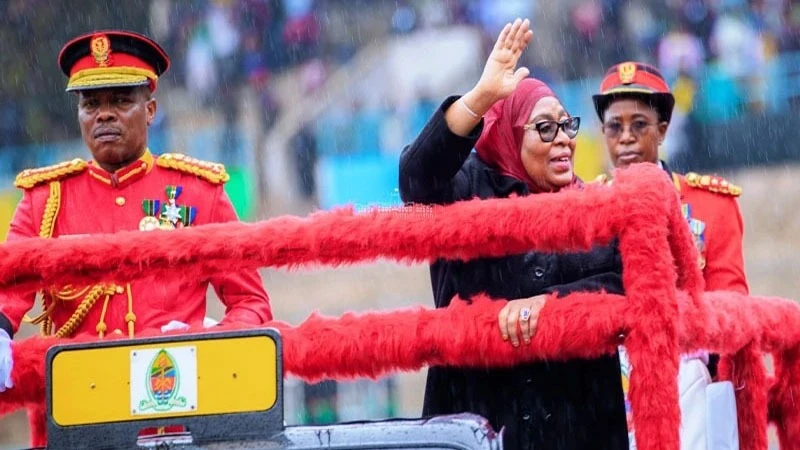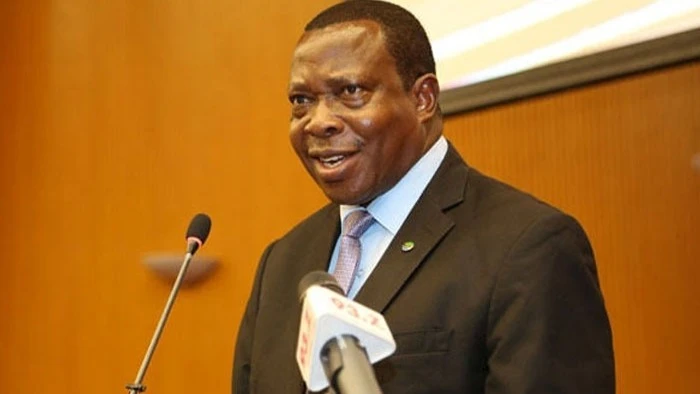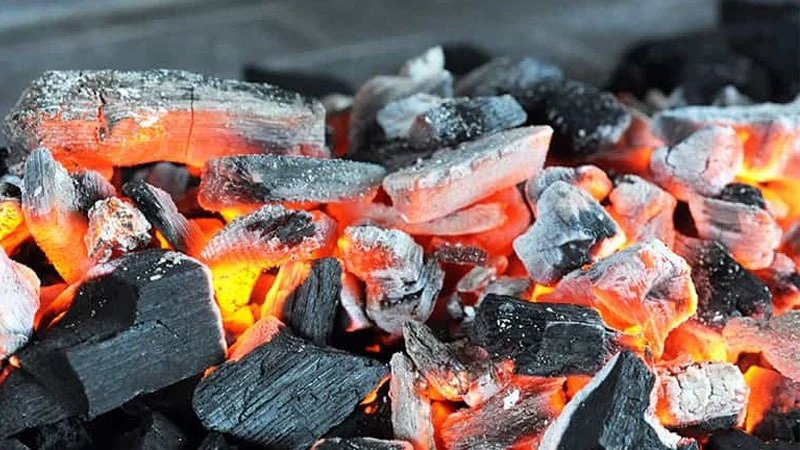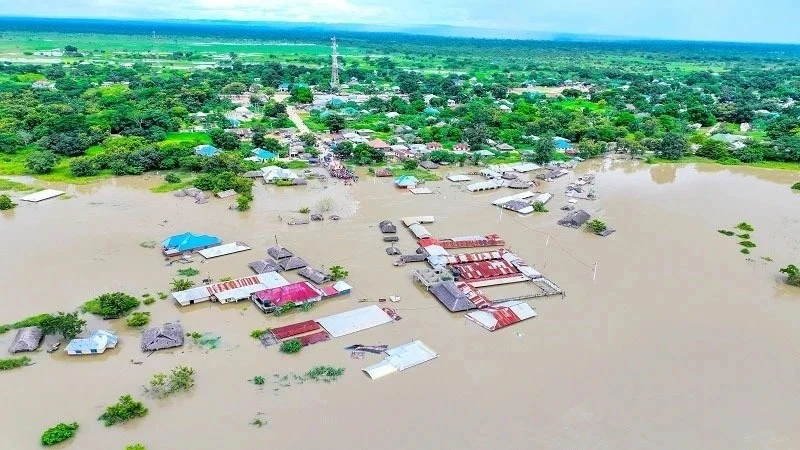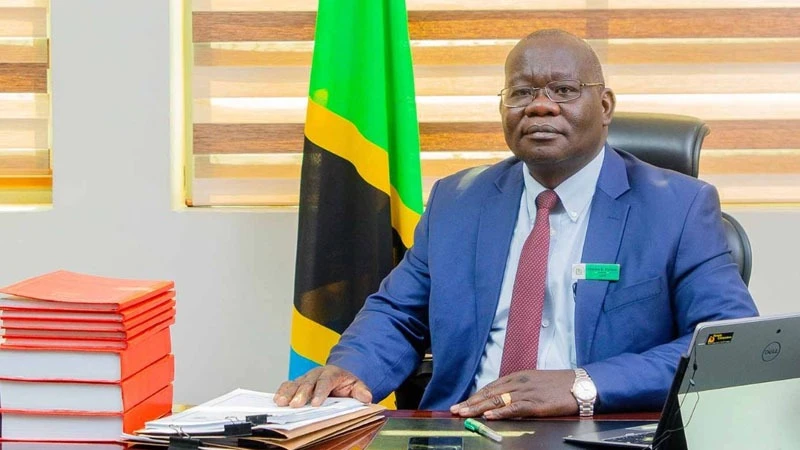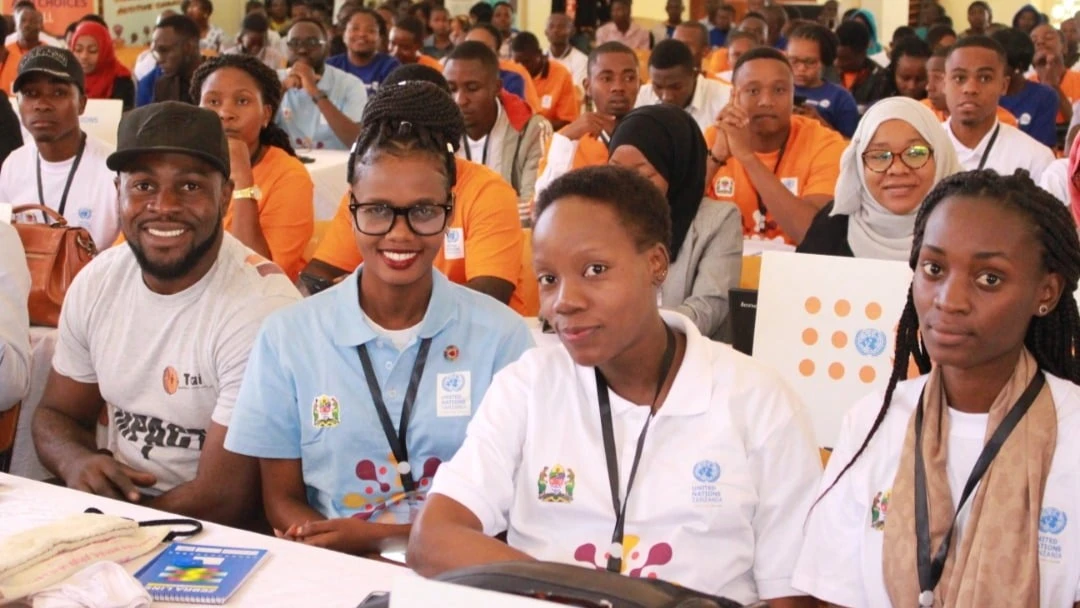60 years: Prayers not magic wand for the Union, political stability, social harmony
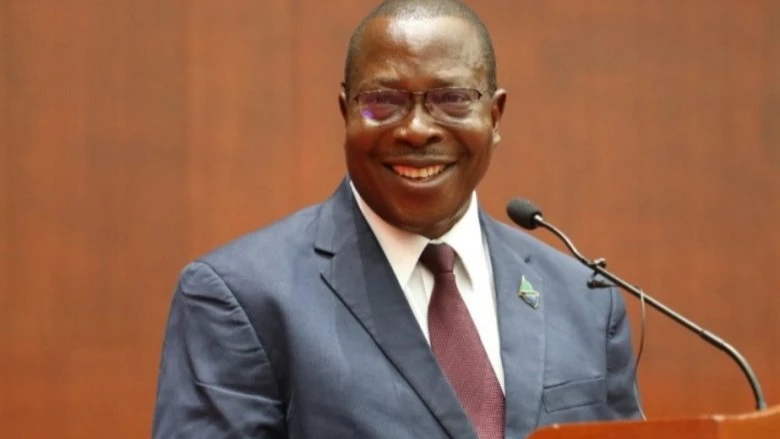
WITH preparations to mark 60 years of the April 26 Union between Tanganyika and Zanzibar pick up momentum, Vice President Dr Philip Mpango was yesterday expected to lead a large presence of the government in national prayers in Dodoma city.
The Dodoma regional commissioner was emphatic that the event would see clerics pray for the country’s future as it marks 60 years of Union.
On a secular note, meanwhile, the prayers would be preceded by testing standard gauge railway electric trains, ahead of formal operations by early July. The two events understandably show both success and hope.
In the way nations and individuals live, one reaps what one sows and in many cases prayers constitute appeals for divine help so that we don’t face the consequences of our own mischief.
Prayer is one face of society while real economic and social activity shows a different face. The first image wishes good for all, while the second face is one of tearing at what there is – pursuit of privileges.
Another difficulty on the way ahead in ensuring that harmony remains in place involves errors in locating sources of satisfaction or desperation, where habits may at times form the biggest obstacle to alleviating systemic sources of disaffection.
For instance, the mid-1990s once saw political loyalties rocked by the issue of privatising the National Bank of Commerce, even as it was vital to rationalise the banking and financial sector generally.
Since then there has been little appetite for privatisation as local professionals don’t want their commanding positions to be taken away by appointees, often of foreign investors.
As a result, the economy is not expanding fast enough and job creation is slow, followed by a largely advisory industry on how youths can employ themselves or start skimpy farming units.
When top leaders appeal to the public to come out in large numbers and join the prayers, it sounds as if this is a lifeline to the nation.
There is no doubt that prayers are held in high esteem by our relatively intense religious culture. But there are aspects in which we ignore cardinal principles learned at Independence – for instance, that “all men (human beings) my brethren and Africa is one”, which we have largely repudiated for a more simplistic “all human beings are equal”.
Thus we aren’t inclined to open up our economy, at times letting burdensome parastatals off the hook all too easily.
There is also something else we aren’t learning that it could easily grow into a source of trouble despite signs to that effect being there every day.
This is that land at our disposal cannot carry as many smallholder farmers as we would wish it did, and the swelling numbers of youths in our urban centres can scarcely find jobs.
In Haiti the cocaine industry has become the city pastime and the country has all but collapsed, while differences of opinion between natives and migrants in Sudan have led to genocidal dispossession by armed militia.
Not a single global multilateral agency tells them that landholding is a problem, so the armed herders and meek small land holders are asked to live democratically. It’s an absurdity of sorts with vital lessons.
Top Headlines
© 2024 IPPMEDIA.COM. ALL RIGHTS RESERVED







